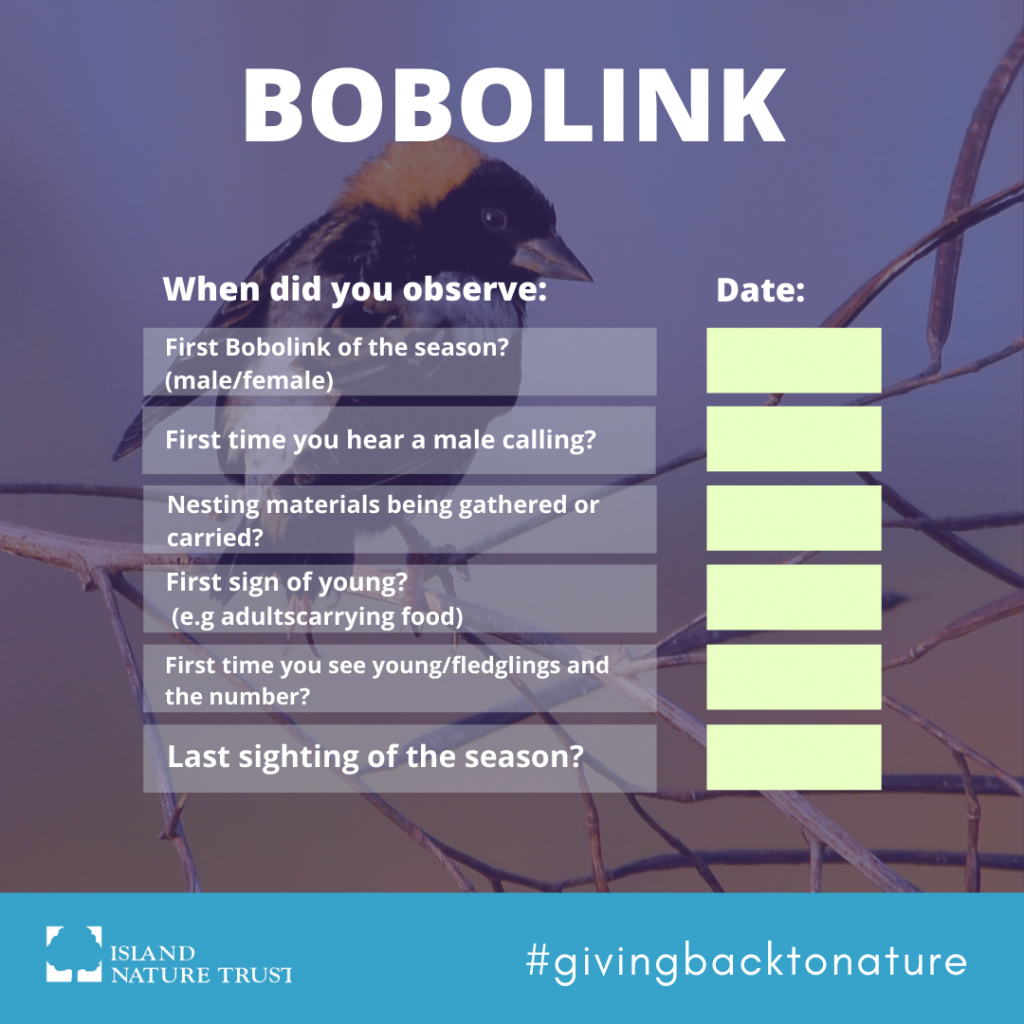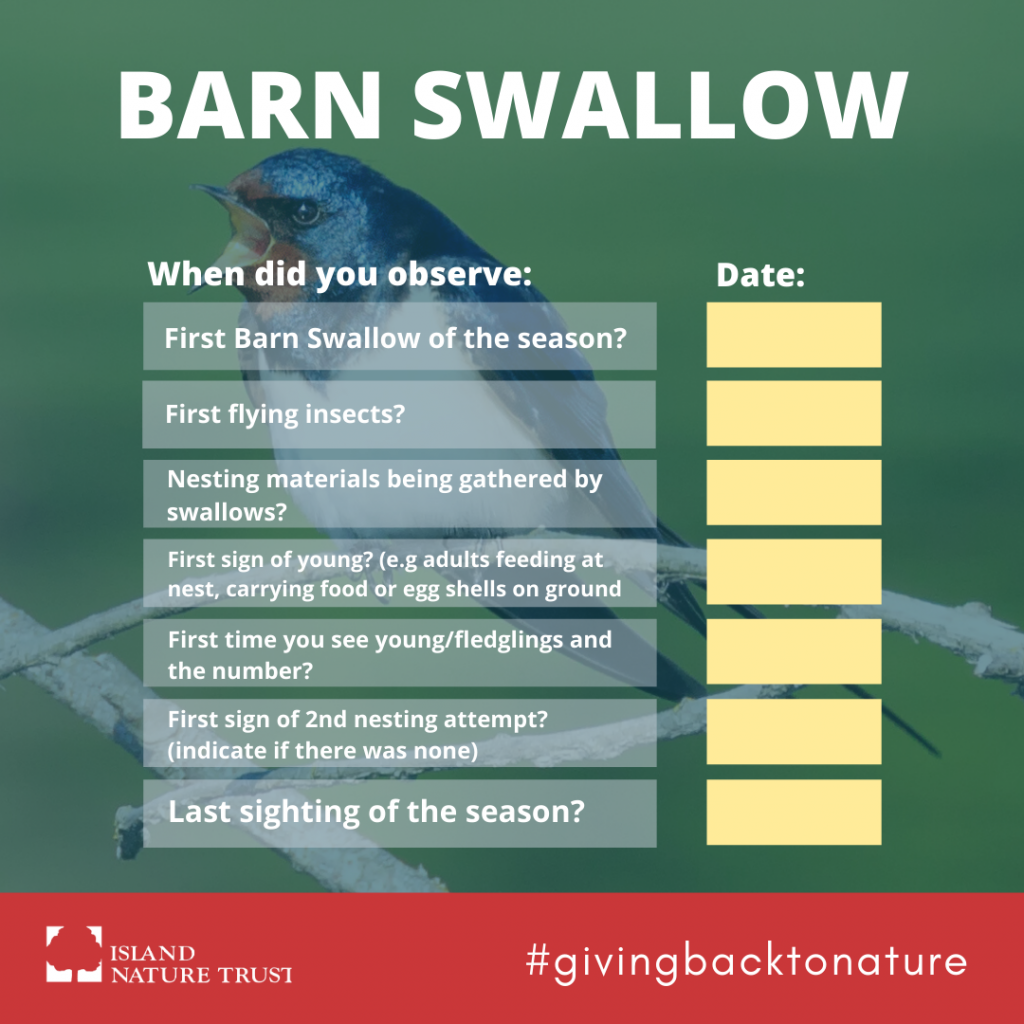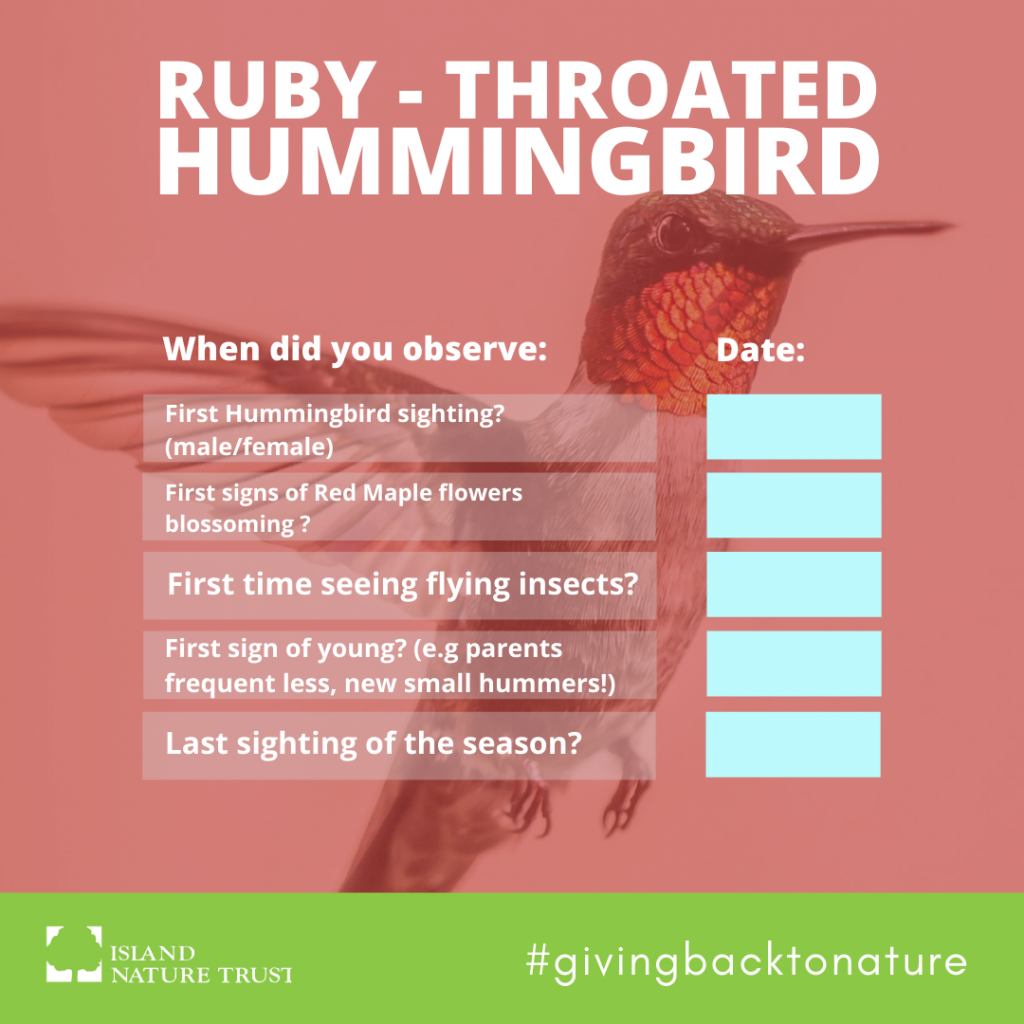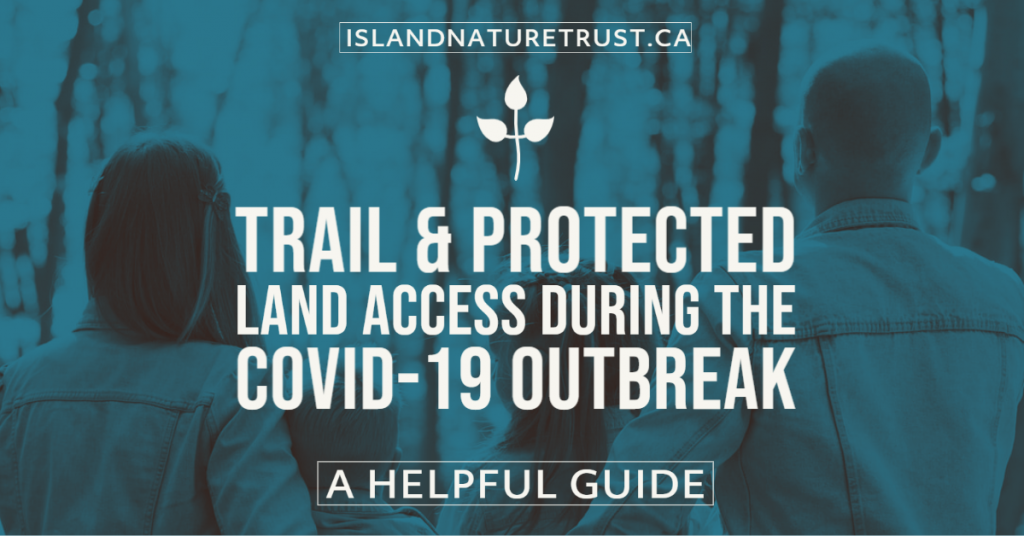
The staff and board of Island Nature Trust draw inspiration and comfort from time spent in the natural environment during these uncertain times. We believe that it’s important to get outside and engage with the flavours of spring that our protected natural areas and trails can provide, for the good of your physical and mental health!
We invite you to venture into our trails at the Barbara Green, Jenkins Complex and Kildare Forest Natural Areas over the coming weeks. While we understand people’s need to immerse themselves in the natural environment, it’s crucial to do so while being aware of our responsibilities to Island wildlife. With the seasonal shift to spring, it’s a critical time of year for nature. We have put together a useful guide for you to enjoy more fully your venture into the outdoors while being mindful of the needs of the natural space. In welcoming you to Island Nature Trust protected areas in the coming days, we ask you to follow these guidelines:
- Please follow provincial guidance on COVID-19 at all times
- Keep your distance from one another (six feet/two meters minimum). Give other visitors all the room they need, and show them you are giving them space
- Parking options are limited at our trails. Some areas have not been plowed. However, careful and considerate parking on the roadside is an option. Avoid parking next to more than two cars – look for another entrance
- Keep pets on-leash and clean up after them
- Stay on the trail but beware of overuse – taking shortcuts and walking on areas experiencing repetitive freeze-thaw events increases the damage to soils and surrounding vegetation and can cause long-term damage to the terrain.
- Use clean gear – Muddy or dirty footwear or clothing can carry seeds of invasive plant species, insects or disease spores, contributing to loss of ecological integrity in the long term.
- Take only photos, leave only footprints – Natural and synthetic materials affect the ecosystem. All garbage, even compost (e.g. orange peels), has an impact by changing wildlife behaviour and damaging plants in the understory.
The Trails
Jenkins Complex Natural Area
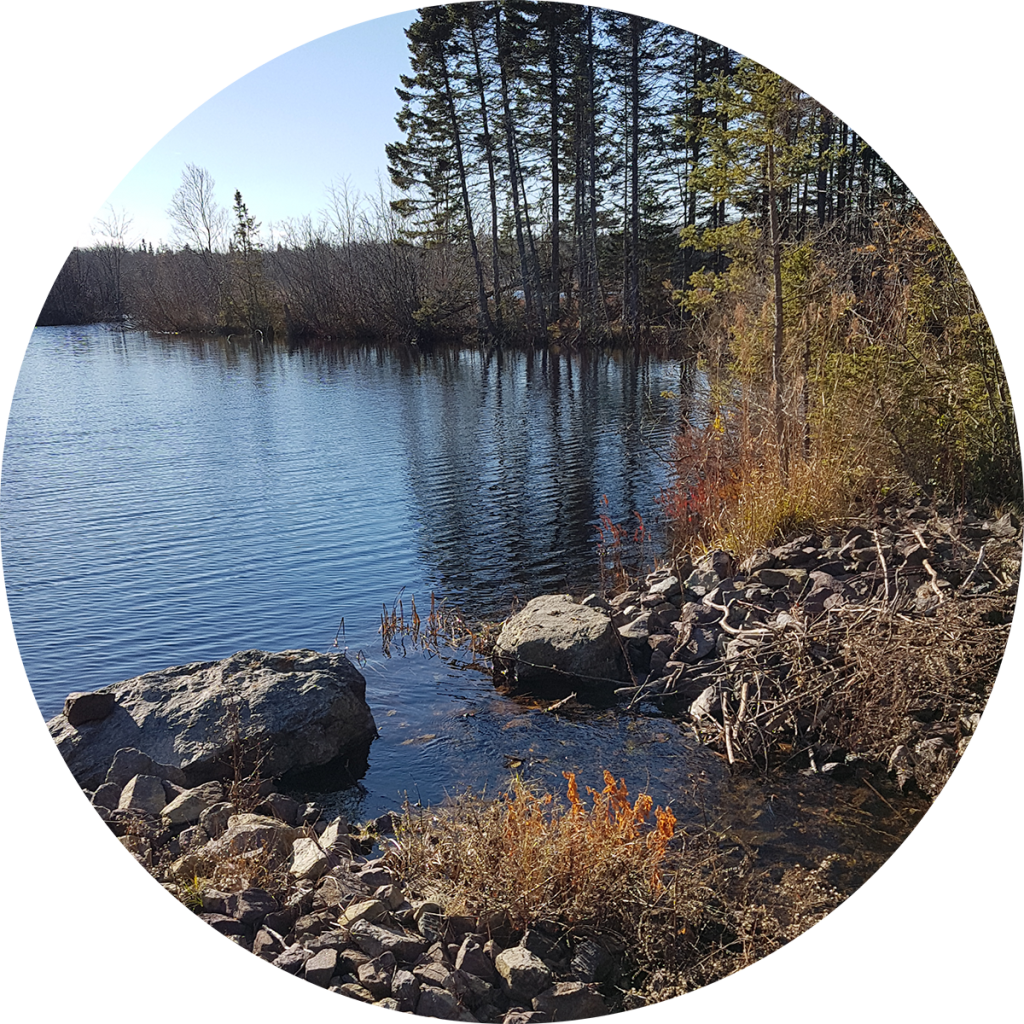
Kildare Forest Natural Area
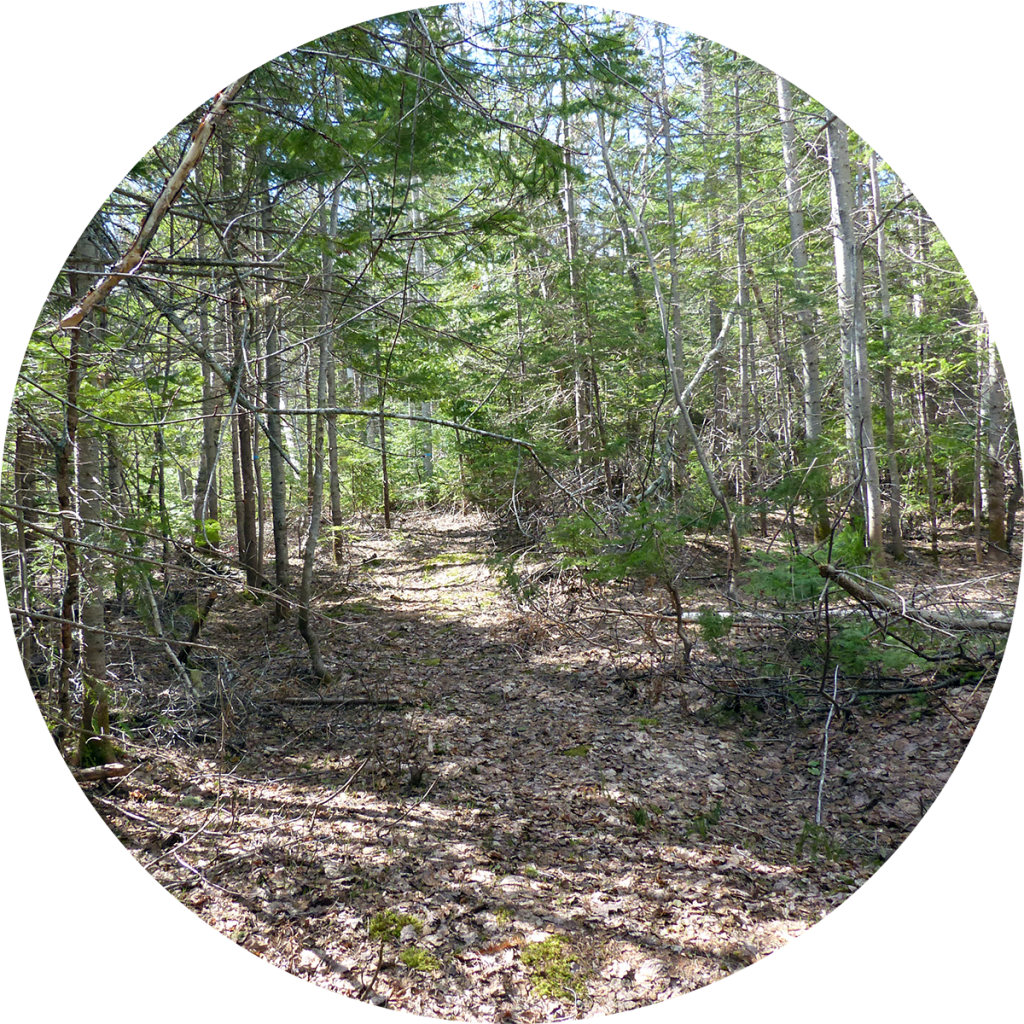
Barbara Green Natural Area
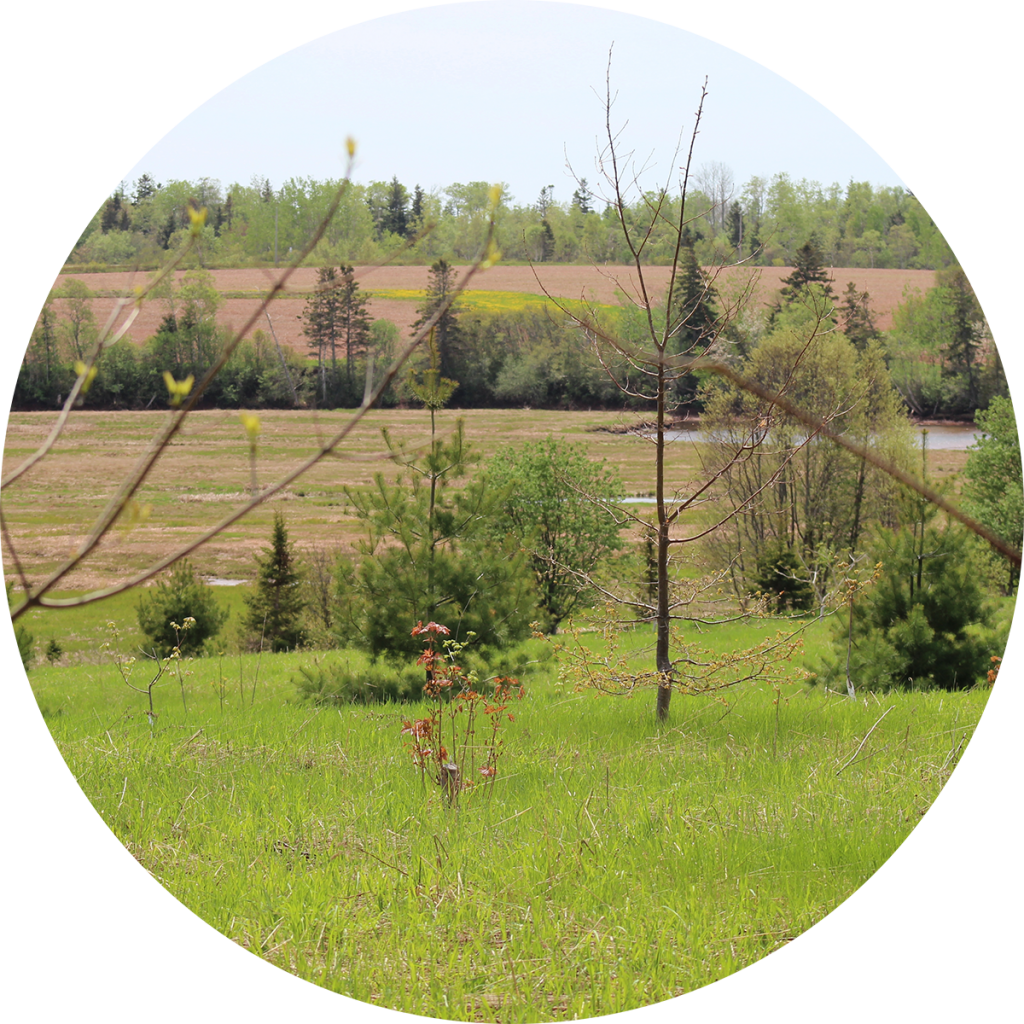
Spring Mating Season – What you need to know:
Take your time, observe and engage your senses: Pause – look – smell – but most importantly – LISTEN
The messages that wildlife give us can be subtle and many of us have lost touch with their meaning. Recognize their cues whilst walking one of our trails:
Coyotes and foxes are setting territories and denning. Owls already have. Be mindful of their presence. These animals may display signs of aggression while they are protecting their territory and offspring. If coyotes start to follow you, leave the natural area.
You are more likely to hear coyotes before seeing them. ‘Yipping’ or howling is an indication that you are close to their territory. Turn away and leave the area.
Protect Through Engagement #givingbacktonature
Now is a great opportunity for families and individuals to positively give back to the natural environment in tactile and meaningful ways. It’s also a time to connect with your loved ones – together you can experience the power of nature to improve your families mental and physical wellbeing:
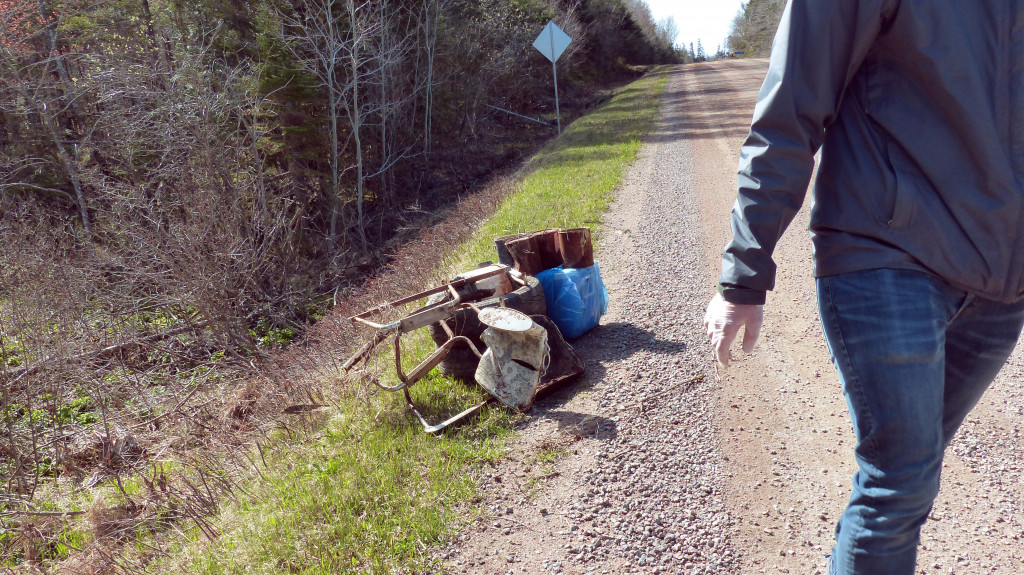
- Roadside and beach cleanups – it’s very common to see littered roadsides at this time of year. You don’t have to wait for the Women’s Institute event in May… let’s get it cleaned up! Also, beach cleanups before May can address the accumulation from winter storms before beach-nesting wildlife set up territories. A rewarding experience and improved aesthetic for all.
- Journaling exercise for UPEI Climate Lab – to document the changes in climate
- Document the wonderful menagerie of flora and fauna across PEI and contribute to science by downloading and using the iNaturalist mobile app during a nature walk on one of our trails
- Become a Guardian. We have a piping plover online seminar perfect for families and individuals, with orientation for volunteers being provided via an online seminar in early April.
- Citizen monitoring for Species at Risk: We need help with collecting data on farmland birds and hummingbirds. Print out a copy of the tracking form for each bird from the image link below; feel free to share your findings through our Instagram page with a prideful selfie and make sure to tag your location using hashtag #givingbacktonature
Volunteer landowners in the Farmland Birds program use simple fridge forms to track important arrival, nesting and departure dates for PEI birds each year. We can send you a copy of this form if you would like to participate by letting us know the species you are interested in monitoring.
